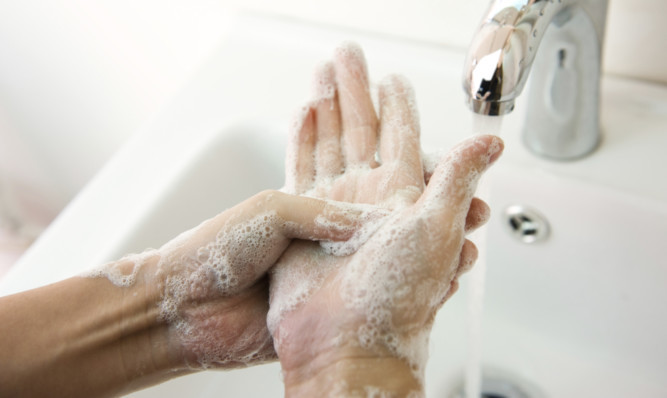Takeaway food outlets must shape up if Dundee is to attract visitors and holidaymakers, one of the city’s leading hospitality chiefs has said.
The Courier revealed this week that almost 30% of late-night eateries currently fail to meet basic hygiene standards.
Councillors could this week vote to introduce a new policy that would give them just four weeks to stop serving unhygienic food or face closure.
Dundee & Angus College’s head of hospitality, retail and tourism, Louisa Kingham, said she had been “incensed” by the revelations and supported any action taken by Dundee City Council to stamp out such poor practice.
“If Dundee is to continue to attract increased numbers of visitors, holidaymakers and tourists alike, then the city must build a strong reputation in terms of its hospitality industry,” she said.
Council officials will today seek support for a crackdown on businesses that fail to take health and hygiene seriously.
New figures show that 18 late-night caterers 27% of all those in the city are currently listed as “improvement required”.
Should the new proposals be agreed, anyone who fails to stand up to the scrutiny of environmental health officers will have a short time to rectify matters and request another inspection.
Those who fail to comply will be referred to city’s licensing committee, which could set them on the path to closure if there is no improvement.
Over the years, D&A College has provided training to hundreds in the food and drink industry in recent years and Louisa said there was no excuse for the failure of so many eateries to meet accepted standards.
“Having worked closely with Royal Environmental Health Institute of Scotland for a number of years, we have delivered the REHIS elementary food hygiene course to hundreds of food handlers,” she said.
“This is a nationally recognised qualification which helps all food handlers gain knowledge and understanding of current food safety practices and legislation. Certification helps ensure safe hygienic practices.”
Areas covered by the elementary food hygiene course include bacteria, personal hygiene, poisoning, storage, cross contamination, and legislation.
Louisa added: “We would be willing to organise extra food hygiene courses and offer more places to help those in the industry who are keen to gain full certification.”
